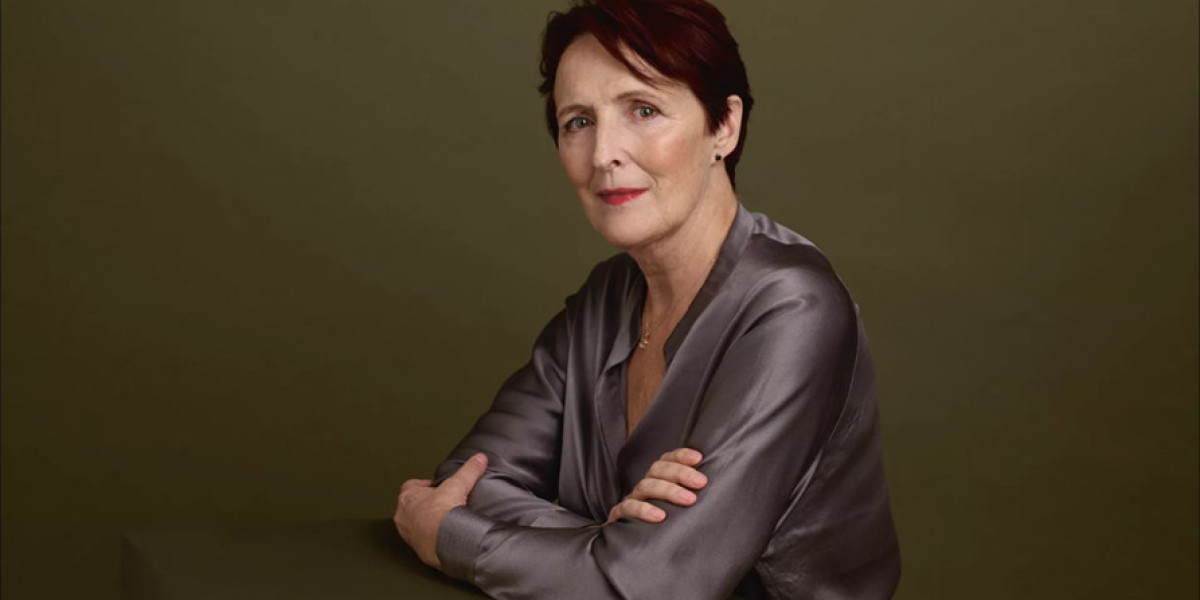Among the organized chaos of medical professionals in Birmingham, a young man named James Stokes carries himself with the measured poise of someone who has found his place. His smart shoes barely make a sound as he acknowledges colleagues—some by name, others with the comfortable currency of a "good morning."
James carries his identification not merely as a security requirement but as a symbol of inclusion. It rests against a neatly presented outfit that betrays nothing of the difficult path that preceded his arrival.

What sets apart James from many of his colleagues is not obvious to the casual observer. His presence discloses nothing of the fact that he was among the first recruits of the NHS Universal Family Programme—an effort crafted intentionally for young people who have spent time in care.
"The Programme embraced me when I needed it most," James explains, his voice measured but tinged with emotion. His statement summarizes the heart of a programme that strives to revolutionize how the vast healthcare system views care leavers—those frequently marginalized young people aged 16-25 who have transitioned from the care system.
The statistics tell a troubling story. Care leavers frequently encounter higher rates of mental health issues, money troubles, accommodation difficulties, and lower academic success compared to their contemporaries. Underlying these clinical numbers are human stories of young people who have navigated a system that, despite best intentions, frequently fails in delivering the stable base that forms most young lives.
The NHS Universal Family Programme, initiated in January 2023 following NHS England's commitment to the Care Leaver Covenant, signifies a profound shift in institutional thinking. Fundamentally, it accepts that the complete state and civil society should function as a "communal support system" for those who haven't experienced the stability of a conventional home.
A select group of healthcare regions across England have blazed the trail, developing frameworks that rethink how the NHS—one of Europe's largest employers—can open its doors to care leavers.
The Programme is thorough in its strategy, starting from detailed evaluations of existing policies, establishing governance structures, and garnering leadership support. It recognizes that meaningful participation requires more than noble aims—it demands concrete steps.
In NHS Birmingham and Solihull ICB, where James began his journey, they've created a reliable information exchange with representatives who can provide help and direction on personal welfare, HR matters, recruitment, and EDI initiatives.
The traditional NHS recruitment process—formal and possibly overwhelming—has been carefully modified. Job advertisements now highlight attitudinal traits rather than numerous requirements. Applications have been reconsidered to address the unique challenges care leavers might experience—from not having work-related contacts to facing barriers to internet access.
Maybe most importantly, the Programme understands that starting a job can present unique challenges for care leavers who may be managing independent living without the backup of family resources. Concerns like commuting fees, personal documentation, and financial services—taken for granted by many—can become major obstacles.
The brilliance of the Programme lies in its meticulous consideration—from explaining payslip deductions to offering travel loans until that crucial first wage disbursement. Even apparently small matters like rest periods and office etiquette are carefully explained.
For James, whose career trajectory has "changed" his life, the Programme delivered more than employment. It gave him a sense of belonging—that elusive quality that grows when someone senses worth not despite their background but because their particular journey enriches the institution.
"Working for the NHS isn't just about doctors and nurses," James comments, his eyes reflecting the subtle satisfaction of someone who has secured his position. "It's about a collective of different jobs and roles, a family of people who really connect."

The NHS Universal Family Programme exemplifies more than an job scheme. It exists as a powerful statement that systems can evolve to embrace those who have known different challenges. In doing so, they not only alter individual futures but enrich themselves through the special insights that care leavers contribute.
As James moves through the hospital, his participation subtly proves that with the right support, care leavers can thrive in environments once deemed unattainable. The support that the NHS has offered through this Programme represents not charity but recognition of overlooked talent and the fundamental reality that everyone deserves a community that champions their success.








